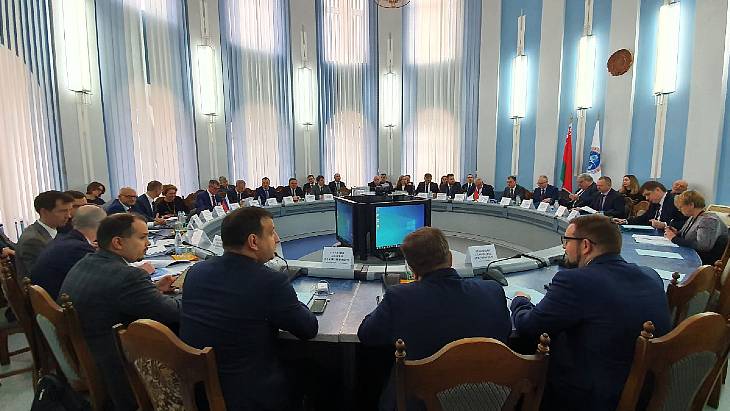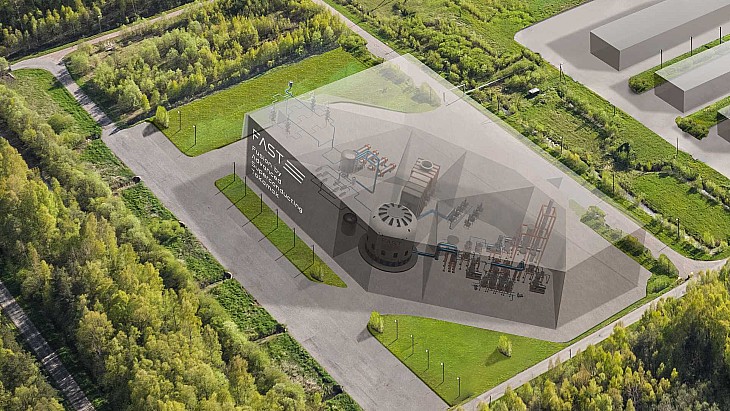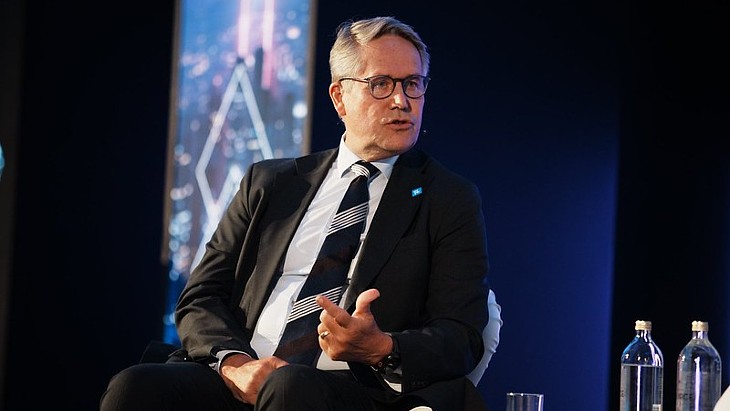The TVEL delegation, headed by company president Natalia Nikipelova, visited Minsk and the Belarusian nuclear power plant - with the continued supply of Russian fuel for the plant one of the areas covered as well as "the possibilities of improving the efficiency of power units by increasing the fuel burnup and introducing extended fuel cycles".
The talks noted that joint work had already taken place on a national strategy for radioactive waste management and a concept for the future decommissioning of the Belarusian nuclear power plant.
Karankevich said the potential expansion of their partnership "is not only in the field of radioactive waste management, but also related promising industries in which the company has unique experience and high competencies".
Non-nuclear issues covered included energy storage systems based on lithium-ion batteries, with agreement to prepare a joint roadmap for pilots and "localisation of the production of energy storage systems".
TVEL is the fuel division of Russian nuclear power giant Rosatom and provides nuclear fuel to 75 reactors in 15 countries.
Belarus's first nuclear power plant at Ostrovets is close to completion. The first power unit was connected to the grid in November 2020 and, the energy ministry says, the second unit's trial connection to the grid should happen in the next two months. It says that once both units - Russian VVER-1200 reactors - are commissioned the plant will produce about 18.5 TWh of electricity per year, equivalent to 4.5 billion cubic metres of natural gas, with an annual effect on the country's economy of about USD550 million.





_82983.jpg)
_34792.jpg)
_16403_79272.jpg)


_76087_55556.jpg)



